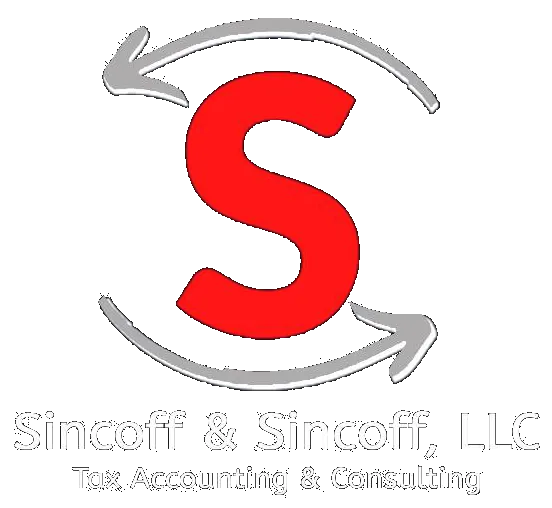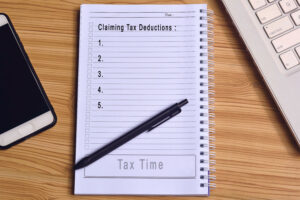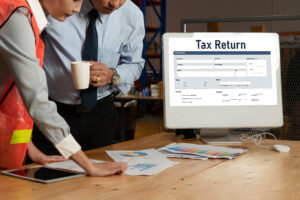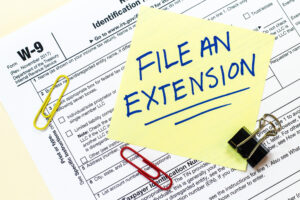After twenty years of preparing tax returns, I can spot missed deductions from across the room. It’s become almost second nature to me, but I’m constantly amazed by how many perfectly legitimate tax breaks my clients overlook year after year. These aren’t obscure loopholes or risky strategies – they’re straightforward deductions that the IRS fully expects people to claim, yet somehow they slip through the cracks.
The thing that gets me is how much money people leave on the table simply because they don’t know these deductions exist or assume they don’t qualify. I’ve seen clients discover they’ve been missing out on thousands of dollars in tax savings, sometimes for years running. It’s not that they’re doing anything wrong with their current approach – they’re just not aware of all the opportunities available to them.
Most people fall into predictable patterns with their tax preparation. They claim the obvious stuff like mortgage interest and charitable donations, maybe some business expenses if they’re self-employed, but they miss the smaller deductions that can really add up.
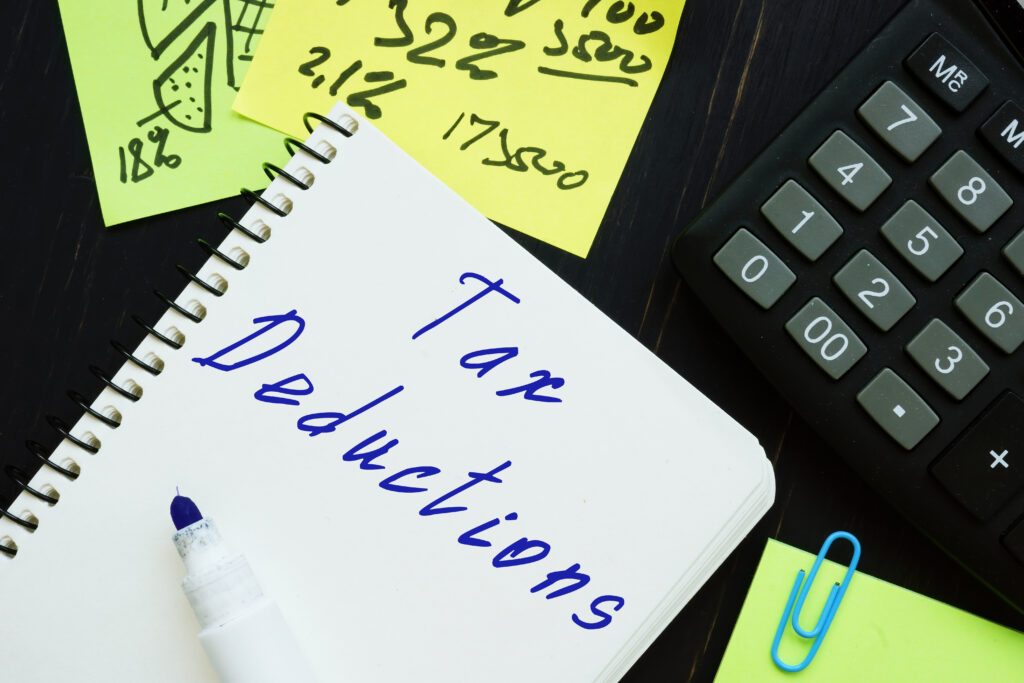
Tax Deductions That Can Help Save Money
These overlooked opportunities often stem from everyday activities and expenses that don’t immediately scream “tax deduction” to the average person.
The key is understanding that the tax code actually encourages certain behaviors through deductions, and many of these incentives apply to regular activities you’re probably already doing. You just need to know what to look for and how to document it properly.
Home Office Expenses Beyond the Obvious
Everyone knows about the home office deduction if you work from home, but most people dramatically underestimate what they can actually claim. I see clients who deduct their internet bill but forget about the business portion of their cell phone plan. They’ll claim office supplies but overlook the business use percentage of their home security system or the professional development books they bought throughout the year.
The home office deduction itself is more generous than most people realize. If you use part of your home exclusively for business, you can deduct that percentage of your home expenses – including utilities, insurance, repairs, and even depreciation if you own your home. The simplified method gives you a flat rate per square foot, but calculating actual expenses often results in a larger deduction.
What really surprises people is learning they can deduct improvements and repairs to their home office space. Paint the office? Deductible. Install better lighting for video calls? That counts too. Replace the carpet in your home office? Business expense. These aren’t huge individual deductions, but they accumulate quickly over the course of a year.
Technology and Equipment Deductions
The technology expenses that qualify for business deductions go far beyond just your laptop and printer. Software subscriptions, cloud storage, online tools for project management or communication – all of these can be business expenses if you use them for work. Many people pay for these services but never think to track them as potential deductions.
Equipment purchases can often be deducted in full during the year you buy them, thanks to Section 179 expensing rules. This includes office furniture, computer equipment, and even vehicles used for business. The key is documenting the business use percentage and keeping good records of your purchases.
Professional Development That Pays Off
Education and training expenses are some of the most overlooked deductions I encounter. If you attend conferences, workshops, or courses related to your work, those expenses are generally deductible. This includes registration fees, travel costs, meals during the event, and even the books or materials you buy.
Professional memberships and subscriptions often qualify too. Industry magazine subscriptions, professional association dues, licensing fees for your occupation – these are all legitimate business expenses that many people pay but never think to deduct. The test is whether the expense helps you maintain or improve skills required in your current work.
Online courses and certifications have become huge during recent years, and most people don’t realize these qualify for business deductions just like traditional in-person training. Whether it’s a course on software you use for work or professional development training, if it’s job-related, it’s likely deductible.
Books, Publications, and Research
This is one of my favorite overlooked deductions because it’s so simple yet so commonly missed. Books, magazines, and online publications related to your profession are business expenses. If you’re in marketing and buy books about digital marketing strategies, that’s deductible. If you’re a manager who purchases leadership books, those count too.
Research expenses also qualify in many situations. If you need to purchase reports, access databases, or pay for professional research services for your work, these are legitimate business expenses that many people never think to track.
Transportation Beyond the Daily Commute
While you can’t deduct your regular commute to and from your primary workplace, there are numerous transportation expenses that do qualify. Travel between multiple work locations, trips to meet clients, driving to professional development events, or travel for temporary work assignments all generate deductible mileage.
Many people miss the business use of their personal vehicle for work-related errands. Running to pick up office supplies, driving to the bank for business deposits, or traveling to business meetings away from your regular workplace all count as business mileage. The key is keeping good records of the business purpose for each trip.
Parking fees and tolls incurred during business travel are also deductible, separate from the mileage deduction. Public transportation costs for business travel count too – train tickets, subway fares, ride shares for business purposes.
Making These Deductions Work for You
The most important thing about claiming any deduction is having proper documentation. This doesn’t mean you need to save every receipt for the rest of your life, but you do need to be able to substantiate business expenses if the IRS asks questions. Good record-keeping habits make tax time much easier and ensure you don’t miss legitimate deductions.
Consider using apps or software to track business expenses throughout the year rather than trying to reconstruct everything at tax time. Many of these tools can automatically categorize expenses and even track business mileage, making it much easier to claim everything you’re entitled to without the last-minute scramble through receipts and bank statements.
